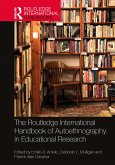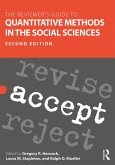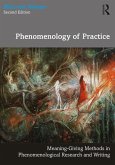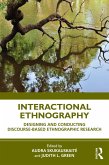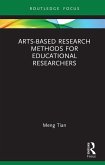Across 5 parts and 20 chapters, the book makes explicit how CGT techniques and processes were implemented in the field, the way(s) in which challenges were navigated, and how educational researchers aligned their research processes to constructivist principles. It offers exemplars of good practice by educational researchers from Australia, Ireland, Italy, Norway, Sweden, Switzerland, the UK, and the USA. The Handbook synthesises learning from the experiences of CGT researchers in education to establish a framework of guidance for early career and more experienced researchers. Additionally, it directly interrogates and considers how to address challenges in the implementation of high-quality CGT and looks to the future of the methodology in educational research.
This Handbook provides guidance and education-specific examples to doctoral students and researchers who wish to use or are using CGT in educational research. It will also be of significant interest to qualitative researchers in other disciplines like sociology, psychology, and nursing.
Dieser Download kann aus rechtlichen Gründen nur mit Rechnungsadresse in A, B, BG, CY, CZ, D, DK, EW, E, FIN, F, GR, HR, H, IRL, I, LT, L, LR, M, NL, PL, P, R, S, SLO, SK ausgeliefert werden.
- Uwe Flick, Senior Professor of Qualitative Social and Education Research, Freie Universität Berlin, Germany
Elaine Keane and Robert Thornberg are to be congratulated for having assembled a wide-ranging and informative set of chapters exemplifying the ways in which Constructivist Grounded Theory can contribute to research in education. The Handbook will contribute to responses to the continual and growing demand for examples of the ways in which grounded theories can be developed using the constructivist form of GTM, and it is only fitting that the collection is dedicated to Kathy Charmaz.
- Antony Bryant, Professor of Informatics, Leeds Beckett University, UK




